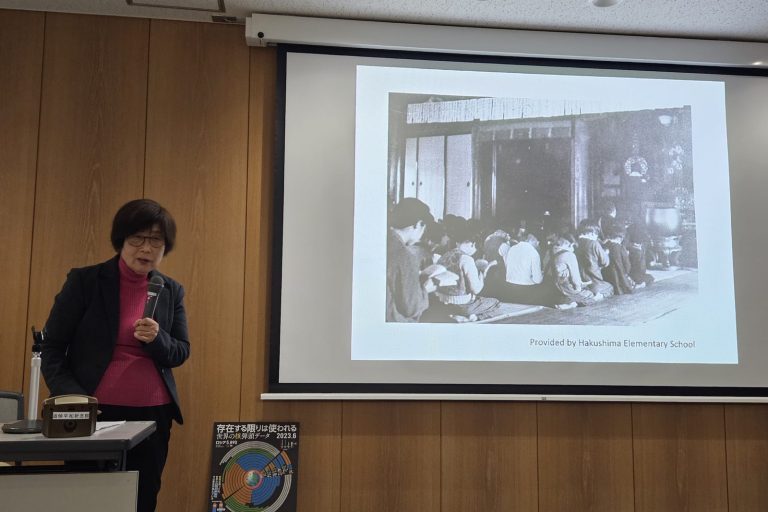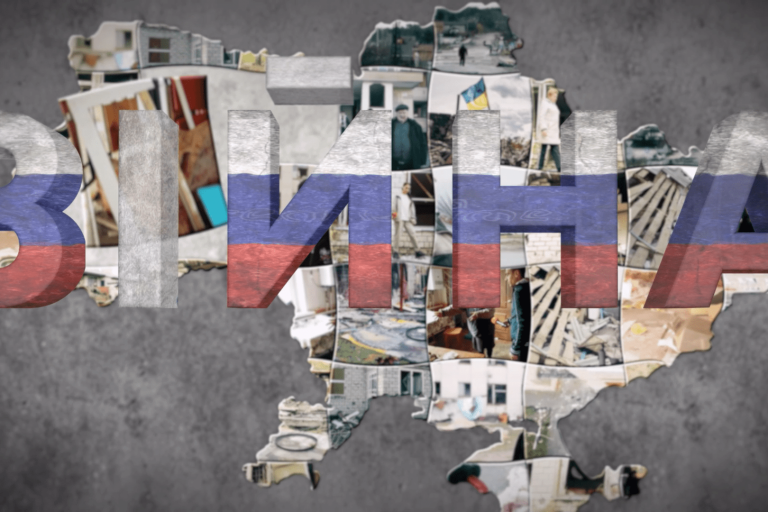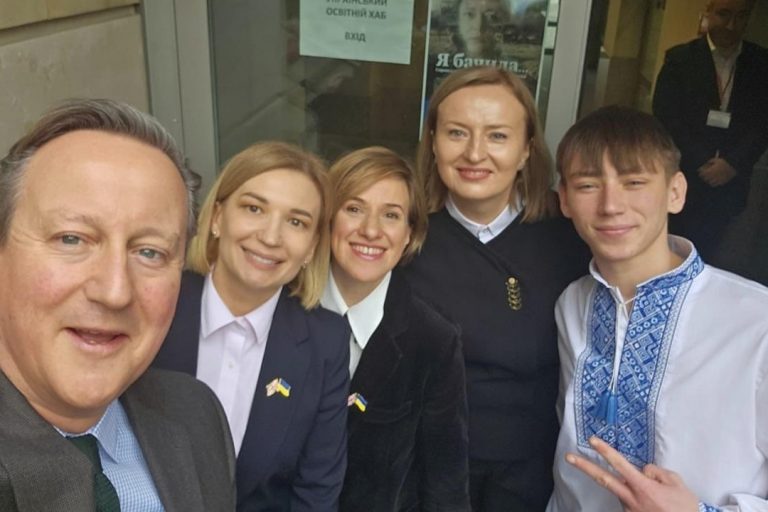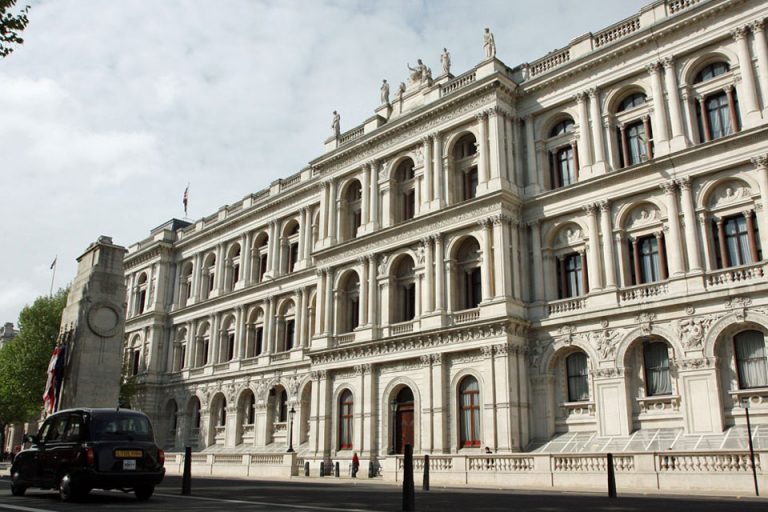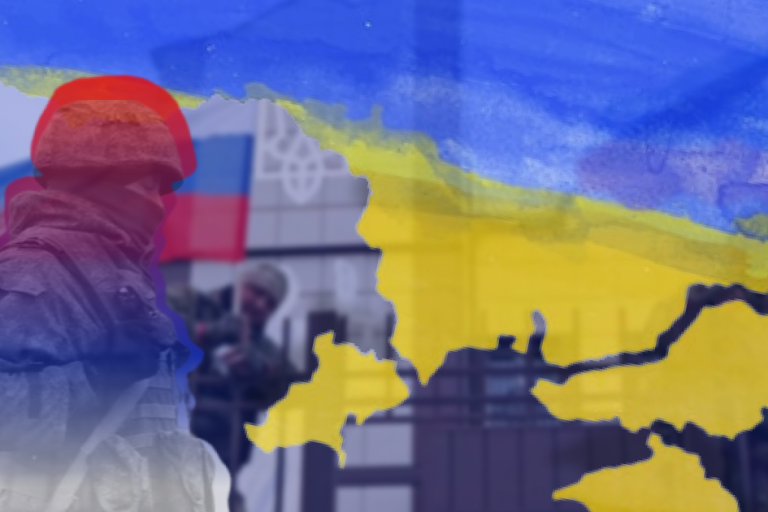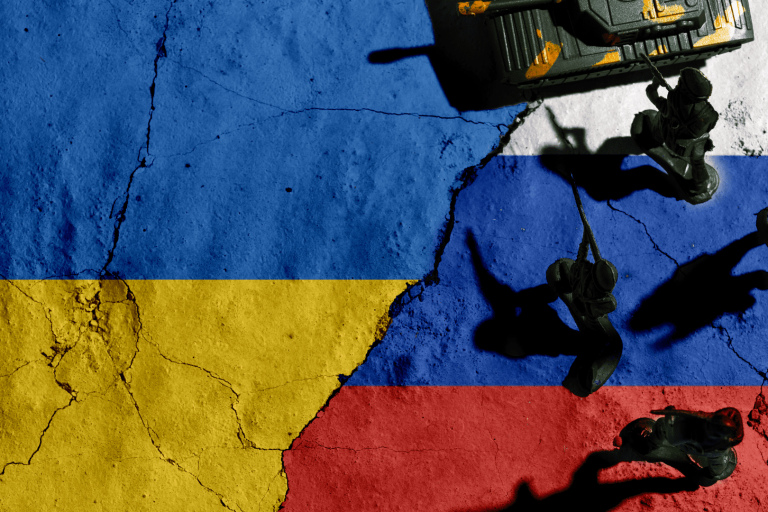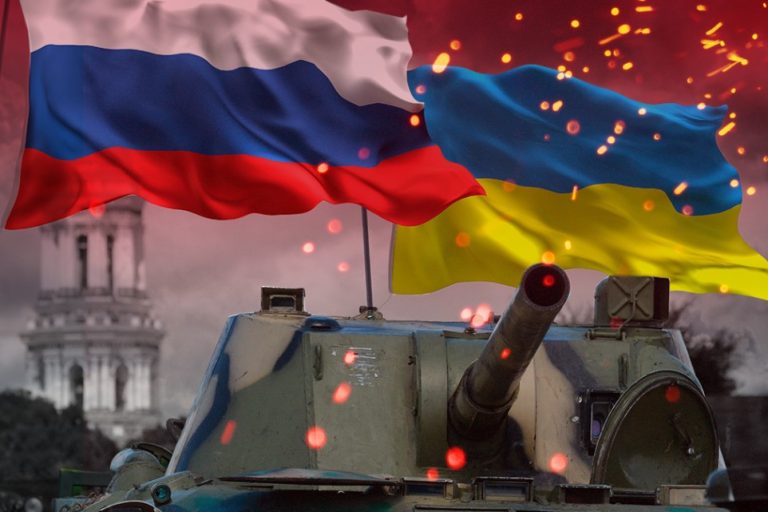What Are War Crimes?
It is a deliberate and gross violation of the rules of the conduct of war and of international humanitarian law. Among other things, they are targeting civilians directly. These kinds of crimes have no statute of limitations.
They include:
- wishful homicide, torture, deportation of population;
- “living shield” made of civilians through positioning the military equipment in residential quarters;
- damaging the civilian infrastructure facilities;
- using the mass destruction weapons and poisonous substances;
- when occupiers use civilian clothing, uniforms of the Ukrainian Army or other Ukraine’s services, emblems of humanitarian and medical facilities.
How can you provide your testimony?
Fill in the online form on the website or call +48 690 848 019 to make an appointment at the Center for War Crimes Documentation located in Warsaw. You will have a chance to meet lawyers and psychologists here to help you tell and properly document your story, to ensure it acts as an official evidence for the International Criminal Court in the Hague.
How can testimonies help punish the occupiers?
International law foresees at least three international court institutions to prosecute russia. They are the International Court of Justice (genocide related issues), International Criminal Court (war crimes and crimes against humanity), and the European Court of Human Rights (human rights infringements). There is also an option to establish a dedicated judicial procedure under the International Military Tribunal, such as the Nuremberg Trials of the Nazi Germany leaders in 1945.
